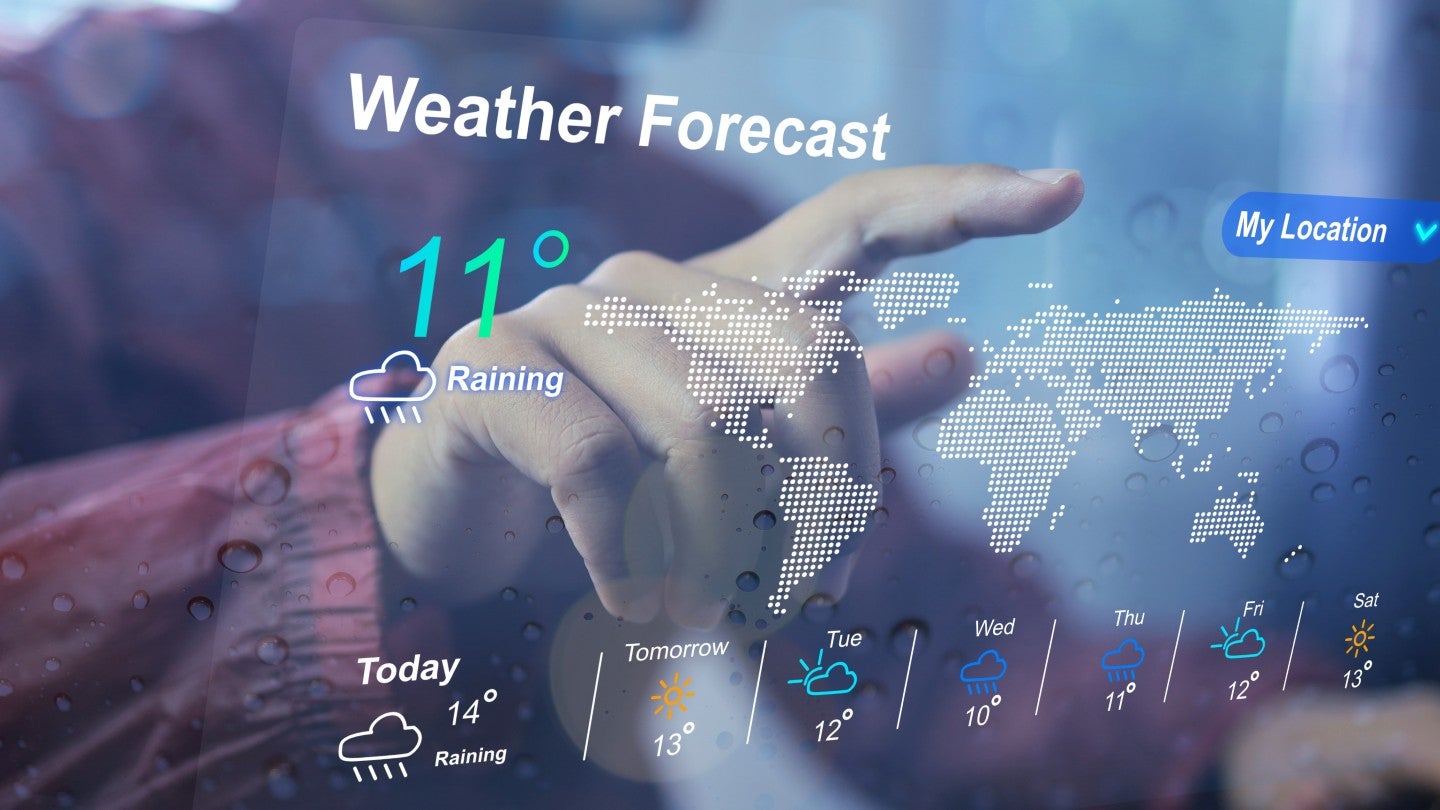
AI chip giant Nvidia has announced a new generative AI model, StormCast, aimed at predicting mesoscale weather patterns.
The StormCast model, offered alongside Nvidia’s CorrDiff and Earth-2 digital twin platform, aims to overcome previous difficulties AI has encountered in forecasting convection within weather patterns.

Access deeper industry intelligence
Experience unmatched clarity with a single platform that combines unique data, AI, and human expertise.
The new model, detailed in a paper from Lawrence Berkeley National Library and the University of Washington, represents a significant step forward in the accuracy of simulating and forecasting hazardous weather events, according to Nvidia Research.
Using AI to generate accurate weather forecasting has the potential to not only assist in disaster planning strategies but could help a wide array of industries from agriculture to financial services.
Wider applications for business
While the advantage of harnessing AI to predict the weather is clear for emergency services and the public sector in anticipating adverse weather events, Josep Bori, research director at GlobalData explained that the development of this technology has use cases across different industries.
“Anticipating the most likely next state of a complex large atmospheric system can be extremely useful across many scenarios, and building an economic case for the use of the technology shouldn’t be challenging,” he said.

US Tariffs are shifting - will you react or anticipate?
Don’t let policy changes catch you off guard. Stay proactive with real-time data and expert analysis.
By GlobalDataBori noted that the agricultural sector, in particular, could benefit from more accurate weather prediction over longer time frames. He noted that uses could range “from protecting crops to planning which ones to plant or when to harvest based on the expected weather patterns, or even to optimise pricing of both inputs and products.”
Elsewhere, Bori highlighted transport and logistics companies are other beneficiaries of AI-powered weather forecasting to reduce ship and cargo losses while reducing insurance costs. The technology could benefit financial services with commodity traders, for example, accessing better data to ascertain risk to gain competitive advantage.








